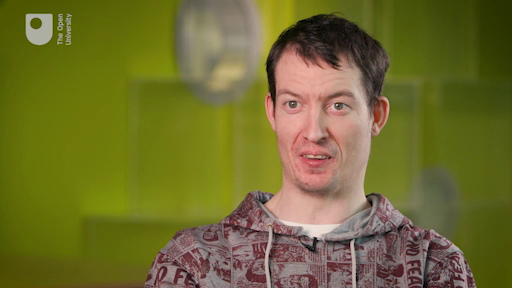Session 8: Making belonging happen: rights and advocacy
Introduction

Transcript: Video 1
The closure of the last of the institutions in the UK in 2009 was supposed to herald a new era for people with learning disabilities. The vision was that people would live ordinary lives – in the community – along with everyone else.
In Session 2 you learned about how the large institutions were finally closed. You heard Mabel Cooper saying that people should never have to go back into such places. And you learned how disabled activists were talking about the social model of disability, which led to a much greater focus on disabled people’s rights.
But people with learning disabilities, their families and those who support them, are not always aware of their rights. Public sector bodies, services, organisations and companies might not take people’s rights seriously. In the worst cases, people’s rights are ignored or even violated. One of the key challenges is making sure there is a workforce that can support people’s rights and enable them to feel like they belong.
In this session you will explore:
- why it has proved so hard for people with learning disabilities to have their rights upheld
- the role of self-advocacy and family advocacy in helping people to understand their rights and get their voices heard
- the role of the workforce in helping people to uphold their rights.
